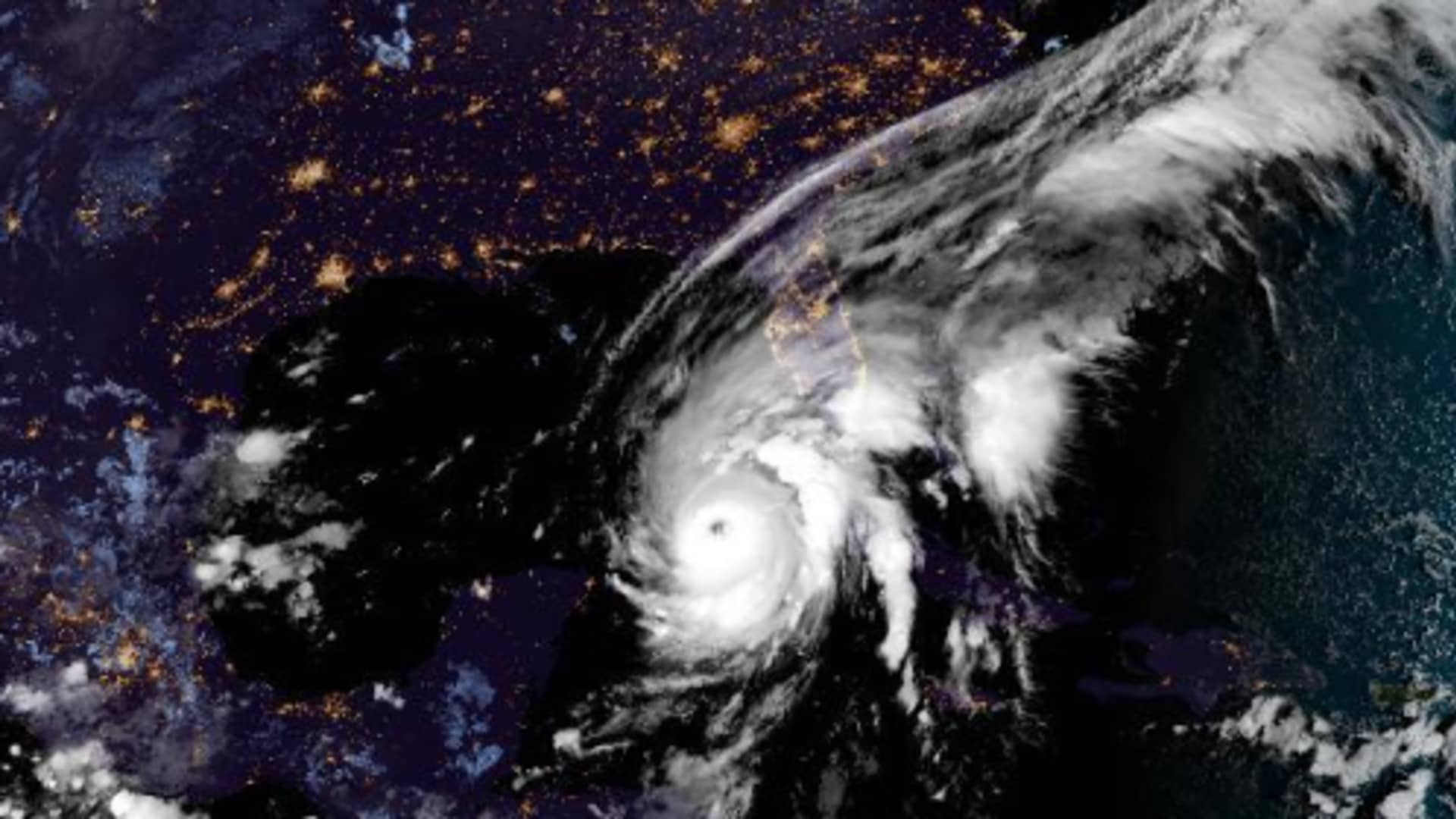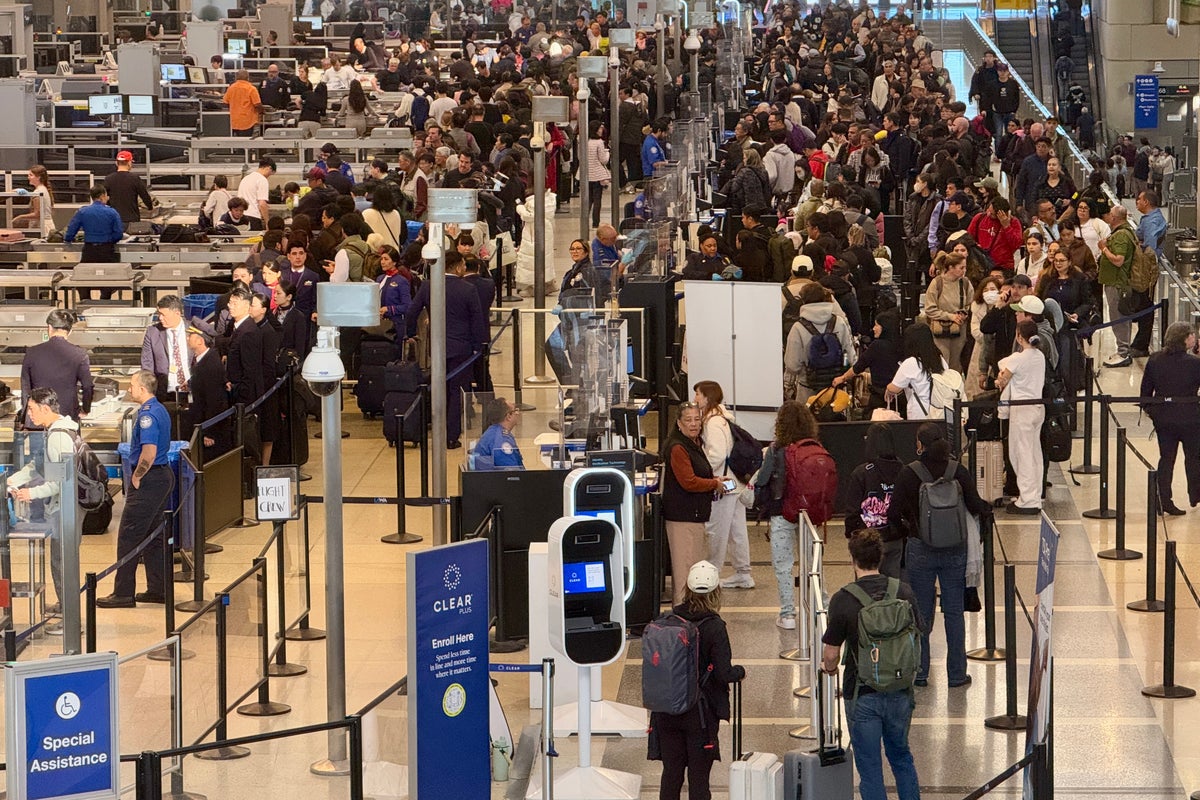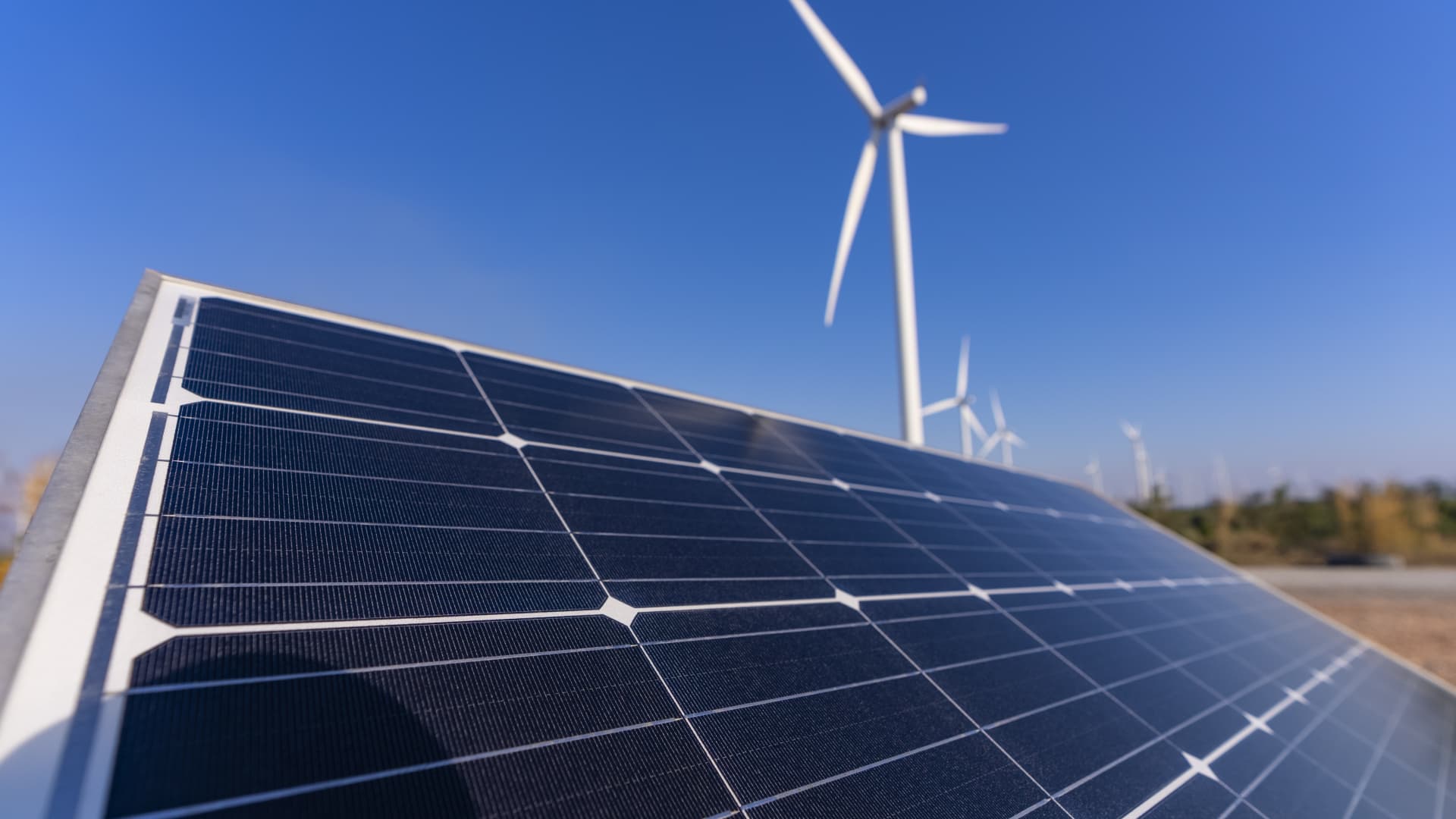White House, FEMA urge Floridians to listen to local officials, evacuate if asked as Hurricane Ian approaches
FEMA Administrator Deanne Criswell urged Floridians not to underestimate Hurricane Ian and listen to local officials as the now Category 3 storm approaches.

Hurricane Ian over the Gulf of Mexico on Sept 27th, 2022.
NOAA
FEMA Administrator Deanne Criswell on Tuesday urged Floridians not to underestimate Hurricane Ian and listen to local officials as the now Category 3 storm approaches the coast.
"Get ready and do not underestimate the potential this storm can bring," Criswell said at a White House briefing, adding she has concerns about "complacency" among residents, especially those who have not experienced a storm of this magnitude before.
"We're talking about impacts in parts of Florida that hasn't seen a direct impact in nearly 100 years," Criswell said.
The National Hurricane Center upgraded Hurricane Ian to a Category 3 storm Tuesday morning, which means it could bring winds of up to 125 miles per hour. Some areas are expected to see up to 25 inches of rainfall, in addition to the storm surge, which is projected to top 10 feet, Criswell said.
She warned that tornadoes are not uncommon after a storm of this magnitude.
"If people are told to evacuate by their local officials, please listen to them. The decision you choose to make may be the difference between life and death," Criswell said.
As of 1 p.m. ET on Tuesday, the hurricane was about 200 miles off the coast of Sarasota, Florida traveling at 10 miles per hour with maximum wind speeds of 115 miles per hour, according to the National Oceanic and Atmospheric Administration. Hurricanes can quickly gain strength.
In 2017, Hurricane Harvey that hit Texas grew from a Category 1 to Category 4 by the next day. That same year, Hurricane Maria, which devastated Puerto Rico, went from Category 1 to Category 5 within 15 hours.
Hurricane Ian is currently expected to make landfall "somewhere between Fort Myers and Tampa," Criswell said.
"By the time it reaches the shores of Florida, the storm is going to slow down to approximately five miles per hour, and this is significant because it means that Floridians are going to experience the impacts from the storm for a very long time," she added.
FEMA's biggest concern is storm surge, Criswell said. She noted it is one of the deadliest aspects of storms. Five people died as a result of storm surge in Florida in 2018's Hurricane Michael.
Criswell said she spoke with Florida Gov. Ron DeSantis on Friday, and noted that FEMA is working with federal, state and nonprofits partners to prepare for the storm. President Joe Biden spoke with the mayors of Tampa, St. Petersburg and Clearwater on Tuesday morning.
Emergency responders have staged 128,000 gallons of fuel and moved generators nearby to prepare for the aftermath, Criswell said. Nearly 4 million meals and 3.5 million liters of water are staged in Alabama for evacuees, and the Red Cross has set up 29 shelters with an additional 60 shelters at the ready.
Correction: A previous version of this story misstated the projected speed of the storm upon its reaching Florida.

 Tfoso
Tfoso 
































